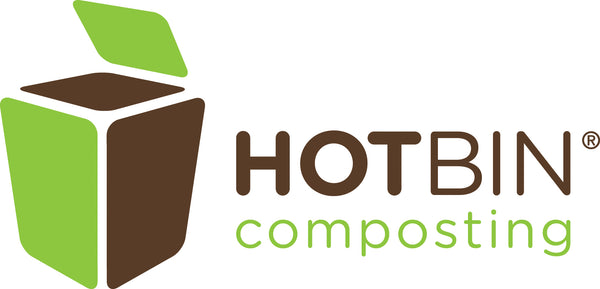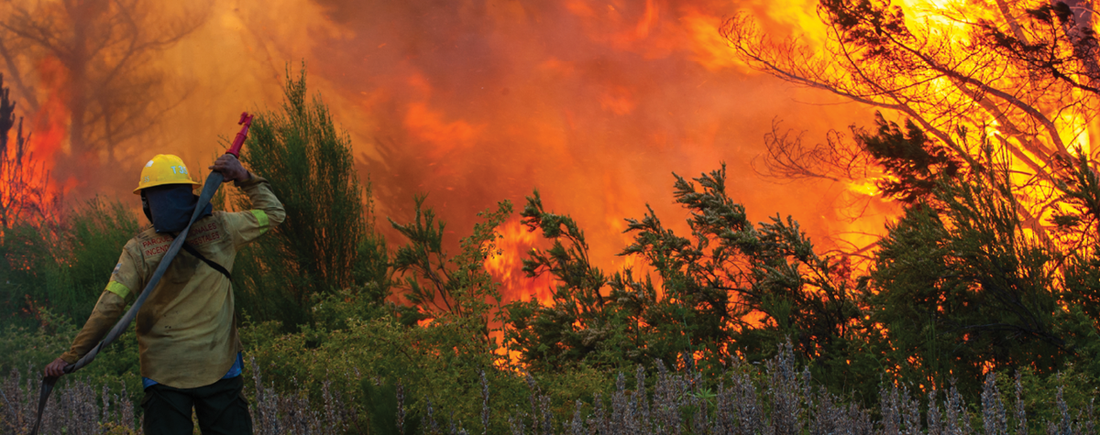The answer is YES. Although compost cannot prevent soils from being burnt in wildfires, it can eliminate soil lost during the fire and help restore vegetation post the fire by keeping the soil in place.
This topic was brought to me by one HOTBIN social media follower, Florence Burney, and I thought it was a good subject matter to research and share the findings with our group of followers.
Undeniably, a good amount of compost is being burnt with wildfires (as she correctly mentioned). However, my research revealed that ‘compost’ can absorb and store a considerable amount of water and concentrated nutrients, thus reducing soil runoffs significantly, before and after a fire.
One of many known benefits of using compost in our gardens include improving the water dynamics of soil, water infiltration, percolation, and water-holding capacity. These benefits alone, can reduce irrigation needs, and associated leaching potential.
So, what about Compost and Wildfires?
Compost cannot stop wildfires. However, a study done on the Colorado slopes post fires found that compost (better than bark) could cut the soil water flow in half, thus eliminating soil loss after a fire for as much as 90%.
Although there is just a few studies done where the benefits of compost amendment post fire were tested. One done a year after a fire and another done months after, showed that compost helped to stop soil lost and restore vegetation after a wildfire. Soil loss is greatest the first year after a fire, and decreases with time or as vegetation returns. For most effective results, and to stop critical damage, adding compost is recommended as soon as possible or as the fires dies out.
[1] Rampant fires and the smoke that surrounds us are clear signs that the climate has changed and not for the better. While compost doesn’t have the power to stop this part of the climate crisis, it does have the power to stop the bleeding. It can limit the destruction while we get serious with bigger solutions.
Link to this interesting article on BioCycle, included below.
References:
[1] BioCycle, September 2020. Connections: Recycled Organics And Fire-Ravaged Soils. https://www.biocycle.net/connections-recycled-organics-and-fire-ravaged-soils/

